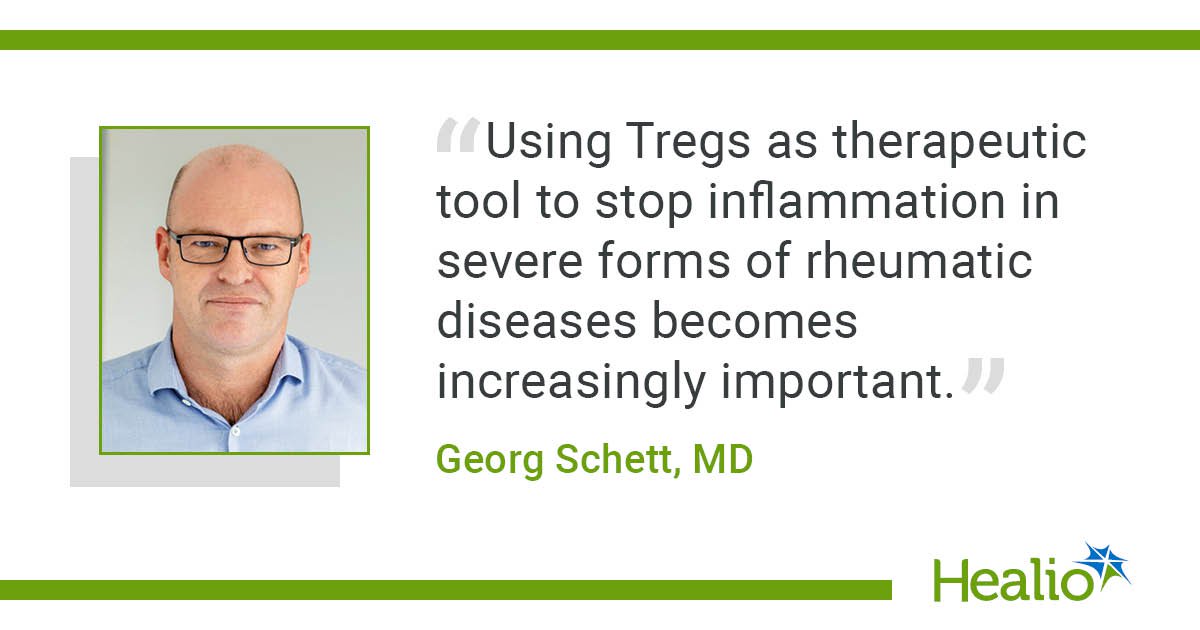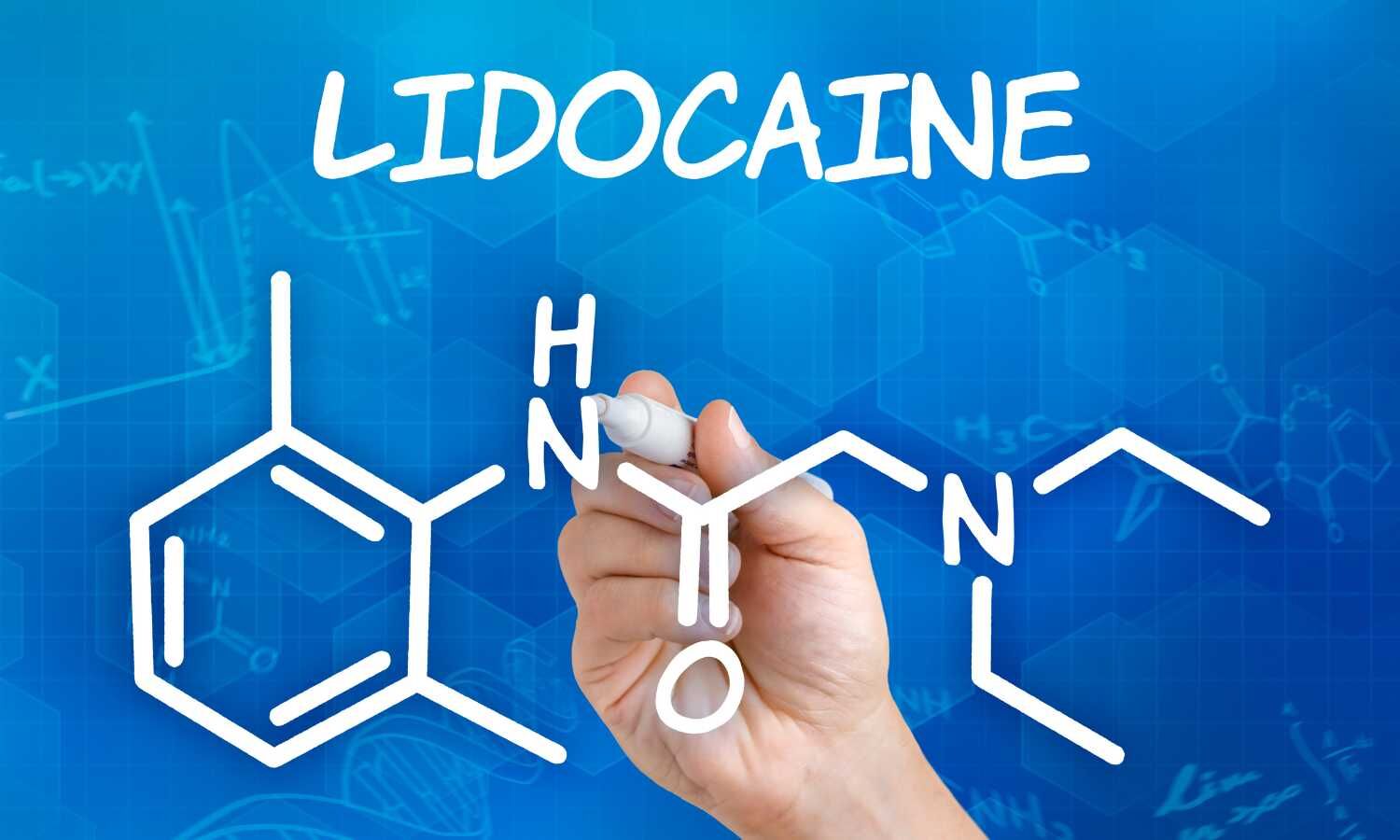August 11, 2025
3 min read
Key takeaways:
- Vinay K. Prasad, MD, MPH, will return to his leadership position at FDA’s Center for Biologics Evaluation and Research.
- Prasad assumed the role in May but left in July, saying he didn’t want to be a distraction.
Vinay K. Prasad, MD, MPH, a controversial hematologist-oncologist who abruptly left his two leadership roles at FDA last month, is returning to the agency.
“At the FDA’s request, Dr. Vinay Prasad is resuming leadership of the Center for Biologics Evaluation and Research,” HHS Communications Director Andrew Nixon said in a statement provided to Healio. “Neither the White House nor HHS will allow the fake news media to distract from the critical work the FDA is carrying out under the Trump administration.”

Prasad did not respond to an email request for comment by the time of publication. Officials at University of California San Francisco — where Prasad serves as professor of epidemiology and statistics — declined comment.
Prasad — a vocal critic of COVID-19 vaccine mandates and masking requirements — joined FDA in May as director of its Center for Biologics Evaluation and Research (CBER), replacing long-time director Peter Marks, MD, PhD. The center regulates biological and related products, including vaccines, cellular therapies and the collection of blood or blood components used for transfusion or in the manufacturing of pharmaceuticals.
In June, Prasad assumed a second leadership position as FDA’s chief medical and scientific officer. It is unclear if Prasad will resume that role or only serve as CBER director.
Prasad abruptly departed FDA in late July. At that time, HHS provided a statement to Healio saying: “Dr. Prasad did not want to be a distraction to the great work of the FDA in the Trump administration and has decided to return to California and spend more time with his family. We thank him for his service and the many important reforms he was able to achieve in his time at FDA,” an HHS statement provided to Healio
Prasad’s departure came amid controversy about the FDA’s actions surrounding delandistrogene moxeparvovec-rokl (Elevidys, Sarepta Therapeutics), a gene therapy for children with Duchenne muscular dystrophy.
Prasad also had faced harsh criticism from conservative activist Laura Loomer. In a July 20 post on her website earlier this month, Loomer called Prasad a “progressive leftist saboteur” who has “a clear anti-Trump record” and “a clear intent to undermine President Trump’s vision.”
In a social media post this past weekend, Loomer called Prasad’s return to FDA “another egregious personnel decision under the Trump administration.” Loomer referred to Prasad as a “Marxist” and said she “will be ramping up” exposés on HHS and FDA officials “so the American people can see more of the pay for play rot themselves and how rabid Trump haters continue to be hired in the Trump administration.”
Prasad had been a critic of the FDA prior to his appointment this spring.
In a 2017 Healio story about the agency’s accelerated approval program, Prasad said the oncology drug products division had been “on a breakneck pace” but noted surrogate endpoints that serve as the basis for accelerated approvals can be “very arbitrary.”
After joining the agency, Prasad became a close adviser to FDA Commissioner Martin “Marty” Makary, MD, MPH.
They co-authored a paper published May 20 in The New England Journal of Medicine in which they announced a policy shift that moved the U.S. from a universal recommendation for COVID-19 vaccines to a more restrictive recommendation, requiring data from randomized placebo-controlled trials prior to approval of vaccines for people aged 6 months to 64 years who do not have risk factors for severe disease.
Prasad and Makary also published a viewpoint in JAMA in which they outlined their “priorities for a new FDA.”










